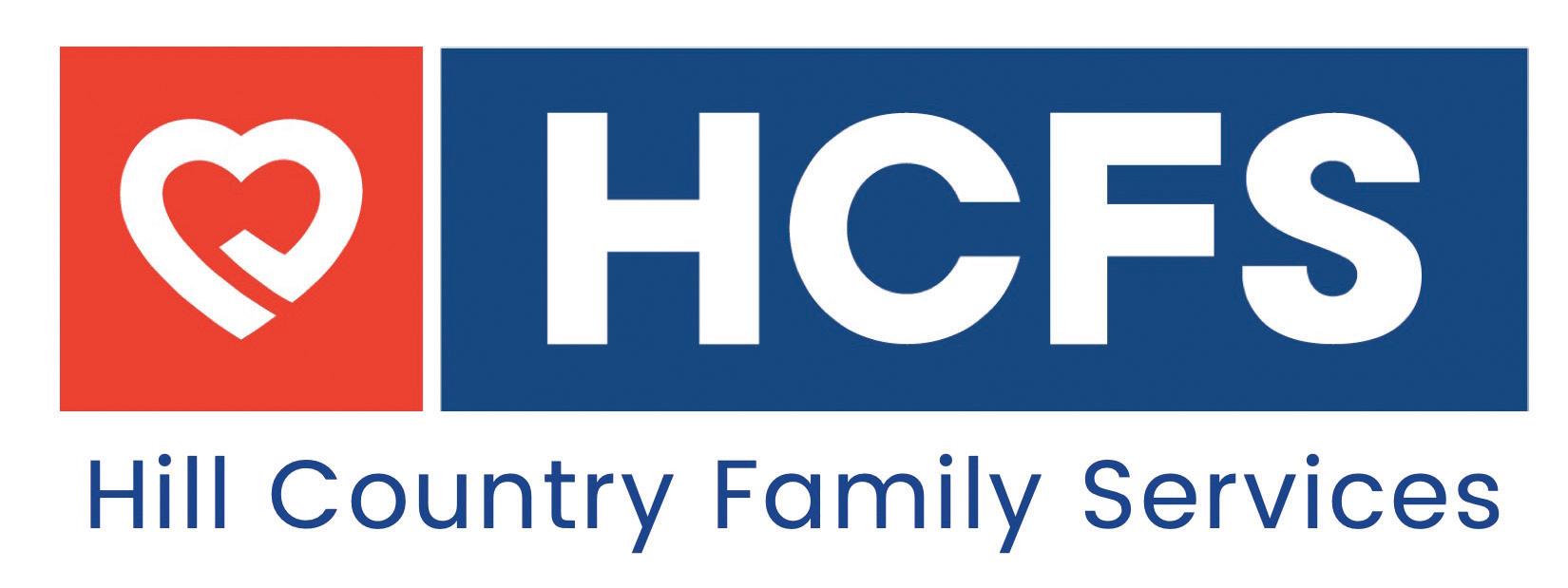giving
Generosity in a Changing World
T
The COVID-19 pandemic has upended the lives of millions – both medically and economically. Typically, when a natural disaster hits, the world watches as one community is affected and offers support to that area through donations and aid. It’s different this time, as people everywhere are struggling with the devastating effects of the pandemic. Many non-profits have been challenged through COVID-19, as well, as donors have become more focused in their giving by pivoting to provide aid when and where it is most urgently needed. These organizations will value your generosity as we emerge from the pandemic in what is hopefully the near future. But, how do you as a donor best implement your philanthropic plan? Most people will continue to simply give cash directly to their passions, and the non-profits will highly value these gifts. However, if you would like to be more targeted or long-term focused in your giving, there are other strategies to consider. Two of the better methods to make a gift today and get an income tax deduction in the year of the gift, but retain the ability to designate the ultimate charitable recipient some time in the future are donor-advised funds and private foundations. A donor-advised fund is like a charitable investment account for the sole purpose of supporting charitable organizations you care about. When you contribute cash, securities or other assets to a donor-advised fund, you are generally eligible to take an immediate tax deduction. Those funds can then be invested for tax-free growth and you can recommend grants to any qualified public charity when you are ready. A private foundation is like a donor-advised fund where you can give assets to the foundation and receive an immediate tax deduction for the gift. Private foundations can offer more flexibility to the giving family due to the fact that family members can be employed
28
by John D. Eadie – Covenant CPA, CFA, CFP®, PFS, CLU®, CIMA, CKA®
by or serve on the board of the foundation. The private foundation retains full control over the grantmaking. If you closely follow IRS procedures, donors can make grants to charitable programs undertaken by individuals, scholarship programs and other entities, making the foundation a very flexible charitable vehicle. The flexibility of the private foundation does come with some administrative limitations that are not imposed on donor-advised funds. Private foundations are legal entities and will require assistance from your attorney and/or CPA to help set it up and get it qualified by the IRS. Private foundations also require that 5% of the value of the foundation assets be distributed to a charitable organization each year, whereas as donor-advised funds have no requirement to make annual distributions. Private foundations are not totally “private” either because they are required to file an information return each year, and that return is part of the public records. Donor-advised funds do not have the same filing requirements and provide more privacy for donors who prefer to remain anonymous in their giving. Finally, earnings on the investments held inside of a private foundation are subject to an annual excise tax. Earnings on the investments inside the donor-advised fund are fully tax-exempt. Speaking of the investments inside a private foundation or a donoradvised fund, contributors to these entities generally are passionate about doing good in the world and doing so with a purpose. As a result, impact investing has become a popular way to implement portfolios ultimately directed towards charity. By definition, impact investing is the act of purposefully making investments that help achieve certain social and environmental benefits while generating financial returns. Impact investing can be a confusing and broad term, but generally refers to investing in companies with an explicit mission aligned with
The contents of this article are provided for informational purposes only. It is not an exhaustive list and is not intended to provide any legal or tax advice. Please consult your respective legal, tax and financial advisor before taking any action.
B oerne B usiness M onthly | September 2020






